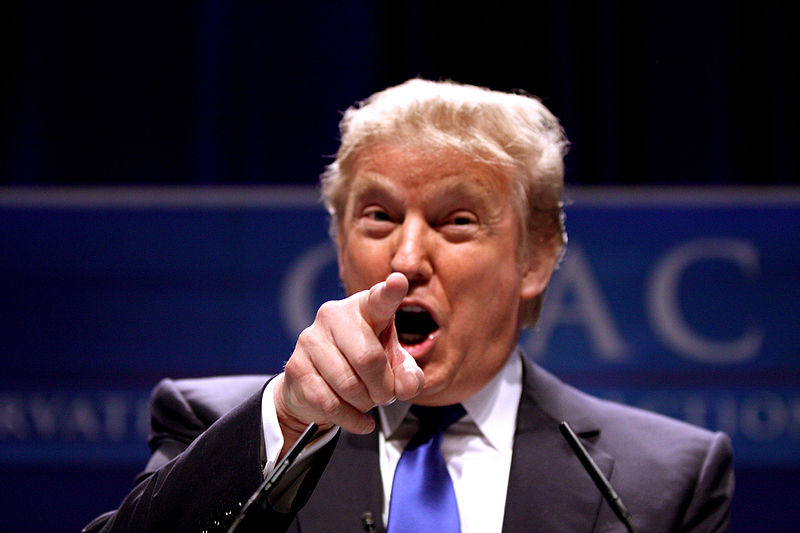Donald Trump was supposed to give a boring speech about infrastructure this week. U.S. DOT Secretary Elaine Chao was there. So was a flow chart that the president held up against her to demonstrate federal red tape, or something. Trump can't resist props.
But even more than that, he can't resist defending neo-Nazis and white supremacists, and so a press event about infrastructure became a testament to the president's abhorrent views on race.
Trump's comments equating the racist mob in Charlottesville to counter-protesters prompted a wave of resignations from his manufacturing council, leading him to disband it to prevent further humiliation.
Then he preemptively disbanded a number of other advisory groups, and yesterday Bloomberg reported that one of the casualties is the president's infrastructure council.
Trump's inability to stage a mere press conference on infrastructure and the dissolution of his advisory council drive home what has been clear for a long time: His infrastructure plan is going nowhere.
I use the term "plan" loosely because it's more like the shell of an idea than a set of actual policies. A big number has been tossed around -- $1 trillion. And there's been a lot of vague talk about tax breaks and private financing of infrastructure projects. It never really got more specific than that.
The fact that any momentum for Trump's infrastructure plan has completely dissipated is good news for cities and the climate. All signs were pointing to a sprawl-inducing disaster.
Trump's DOT is already weakening rules intended to help prevent climate change. His budget proposals have attacked transit and programs that support better walking and biking infrastructure. Even the federal freight program is being retooled to encourage sprawl.
Early on, leading Democrats said they were inclined to work with Trump on infrastructure. It's hard to see how those negotiations would have turned out better than the status quo, when the White House's starting point was likely to be a massive toll road bonanza.
Now that's all moot, and America's transportation systems are better off for it.






